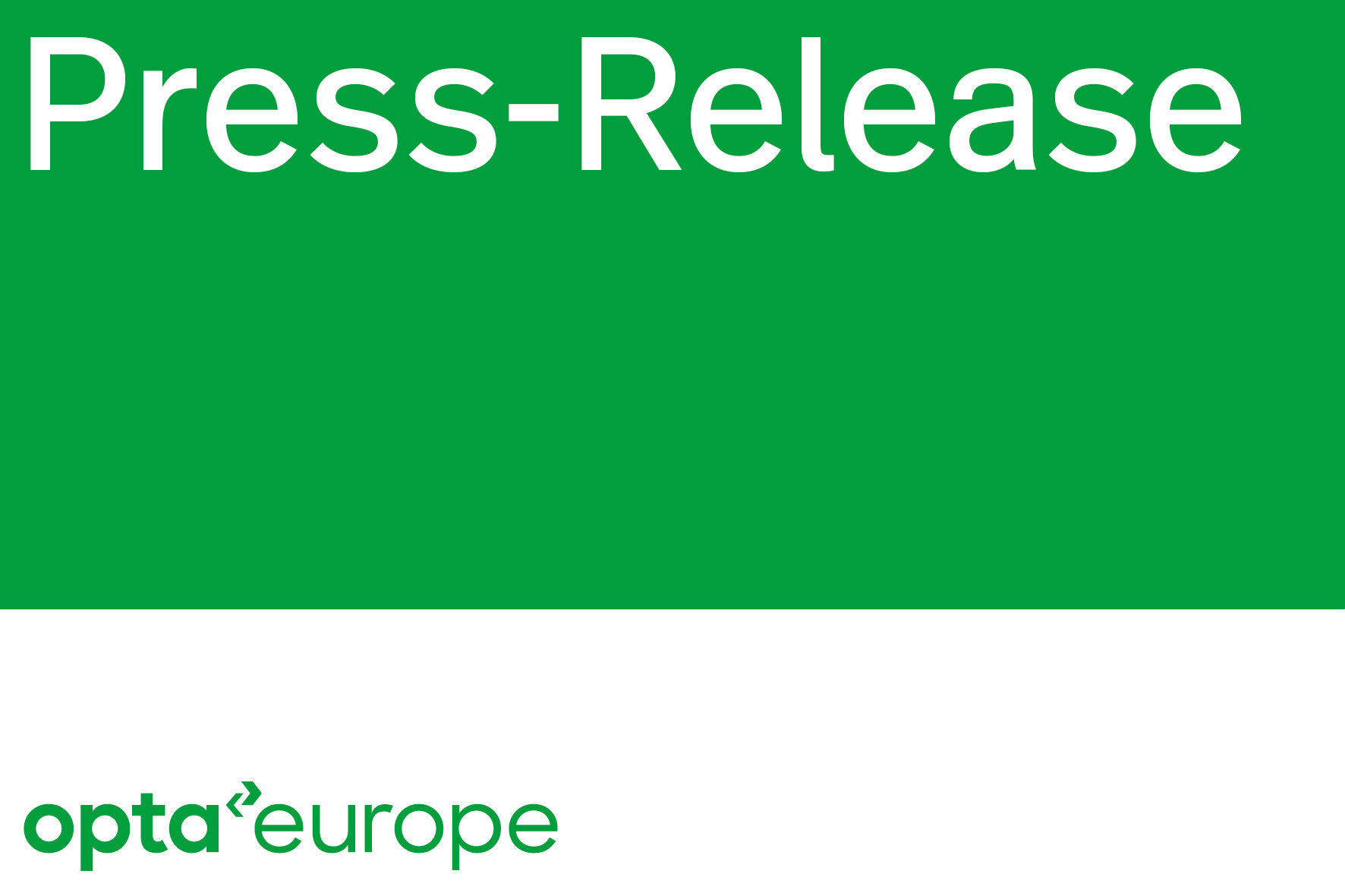BIOFACH 18 February ‘21
Thursday morning at 9.00 the BIOFACH eSpecial congress started with the question what instruments are needed to fulfil the Farm to Fork aim of 25% organic in 2030. As OPTA president Stefan Hipp expressed: “We know the name of the dish: 25% organic. And we know that it is to be served in 2030. Now let’s discuss the ingredients and the order in which to add them.”
Besides the interesting ingredients of the Organic Action Plan that is announced by Commission representative Diego Canga Fano, there was a broad consensus that a market driven approach is essential. As Italian MEP Herbert Dorfmann expressed: “The Farm to Fork strategy is too much focussed on the farm side and doesn’t reflect what happens between the farmer and the fork. Responsibilities of retail and consumers are missing. We need aims in figures for market growth as well. The CAP money to support ECO-schemes and organic will only work if there is a market.”
Profound transition and mind-shift needed
The introductions of Heidrun Moschwitz (FiBL) and Bavo van den Idsert (OPTA) focussed on the unprecedented growth of both the organic farming area and the organic sales. Both has to triple in 10 years, an average growth of 10% annually in the period 2021-2030. They expressed that a profound transition on different levels is needed. On the research and innovation level a transition towards “system thinking”. Not only innovations on technical level, but also on the level of attitudes and perceptions from famer till consumer. Bavo van den Idsert: “Also, on the level of farming and processing a system change is needed to stops externalizing costs to society, like tax instruments that puts prices on the effects of food and farming on climate, biodiversity and health, or a zero tax on organic food.“
This topic was strongly supported by organic entrepreneur Volkert Engelsman (Eosta): “Nobody wakes up in the morning with the aim to pollute, but it happens every day massively. We need a mind-shift and financial incentives to change that bad habits. As long as the polluter gets away with cost-free pollution of our environment, climate and health, this practice will not stop.
Organic Action Plan with promising ingredients announced for 31 March
Diego Canga Fano announced the publication of the Organic Action Plan on 31 March. “We will take up measures to stimulate the market, stimulate conversion and stimulate organic sustainability. Very important: there is no one size fits all for all EU countries. We will take up the action point that all countries have to develop a national action plan to meet the targets with an annual evaluation. Research and public procurement will be instruments in the national plans as well. And as Commission we are going to an European organic day each year with awards on all kinds of levels.”
And what about the CAP budget for transition to organic?
Herbert Dorfmann brought the CAP two times at the plate. At the first place to explain his point of view that the CAP budget serves three pillars of sustainability: ecological, economical and social. “Without farmers that earns enough for a normal living they can hardly serve the ecology.” Having said that, he expressed that the Parliament position is misunderstood and has a far stronger ecological ambition that the Commission and the Council. “We propose 30% of the budget of the first pillar and 35% of the second pillar for ECO-schemes. That is over 20 billion a year for sustainability goals and much more than the proposal of the Commission and the Council. And towards the Council we can be clear: if they don’t move towards the Parliament, then I can hardly see we will agree. The compromise for a majority in the Parliament was not easy and can hardly change.”
National approaches and the role of the private sector
Diego Cango Fano explained that a country specific approach is needed, because of the big differences between front runners, like Austria, Sweden and Denmark and other large countries. “We need to focus on the countries that are far behind, like Poland with 3,5%, Bulgaria with 2,9% and Romania with 2,2% organic agriculture. We need the help of the private sector to develop these countries.”
Volkert Engelsman mentioned The Netherlands as developing country as well, with only 3,7% organic farming. As representative of entrepreneurs he admitted that the private sector can help. “But as private company we focus on the supermarkets and the organic shops that sell organic. And we stimulate them to sell more organic. Countries with an underdeveloped organic market and agriculture need special attention. Therefore, the approach of national plans is very good and the private sector is willing to contribute.”
Links:
For the webinar PPT:
https://onlinelibrary.wiley.com/doi/10.1111/1746-692X.12294
